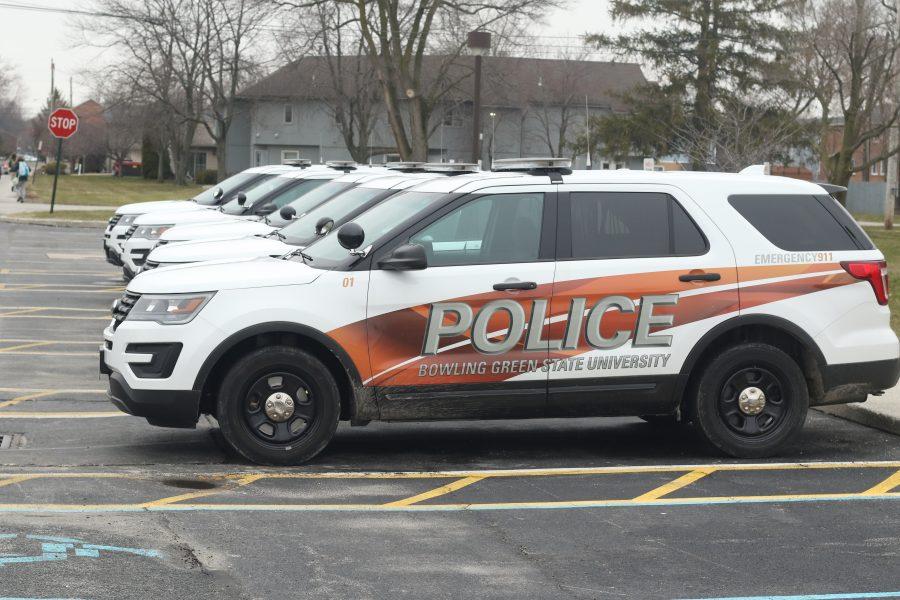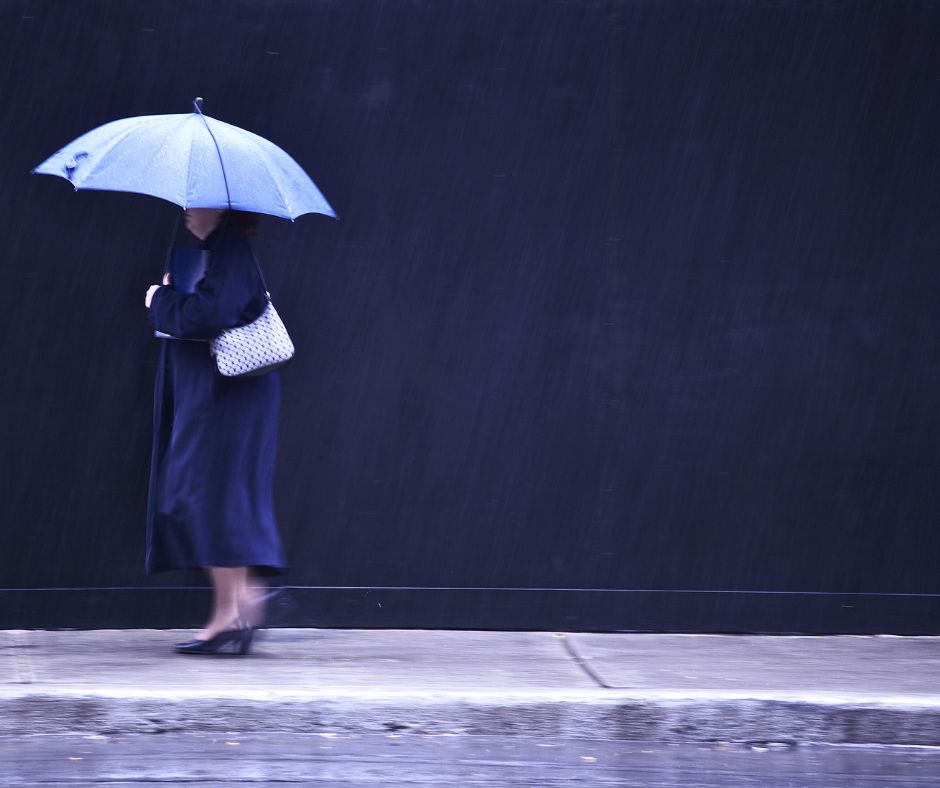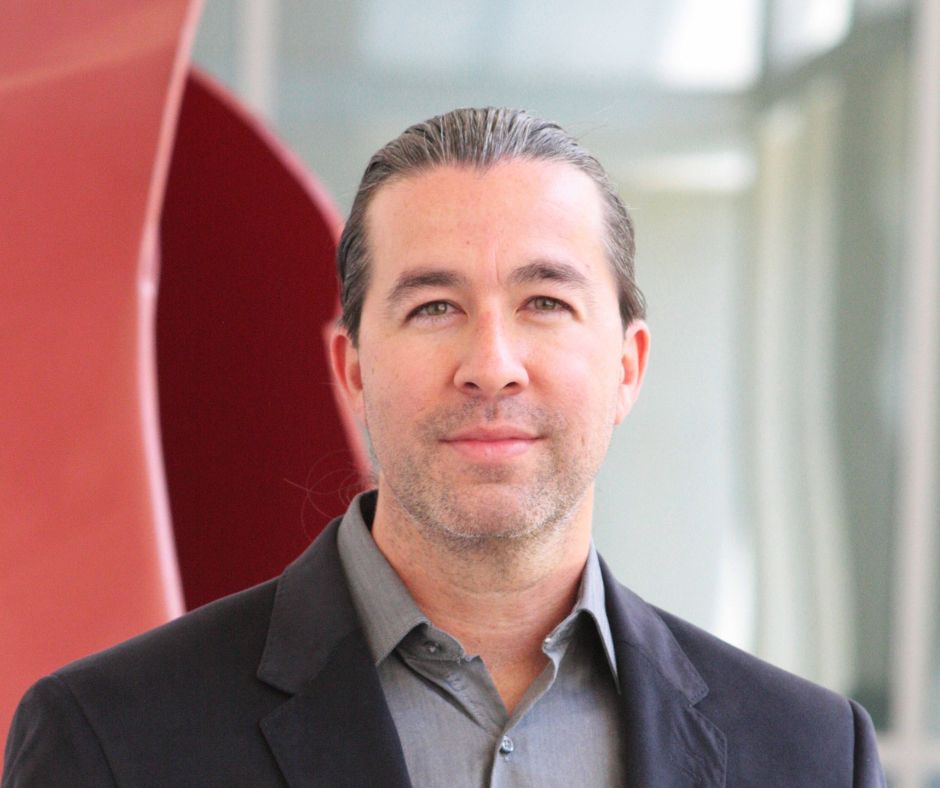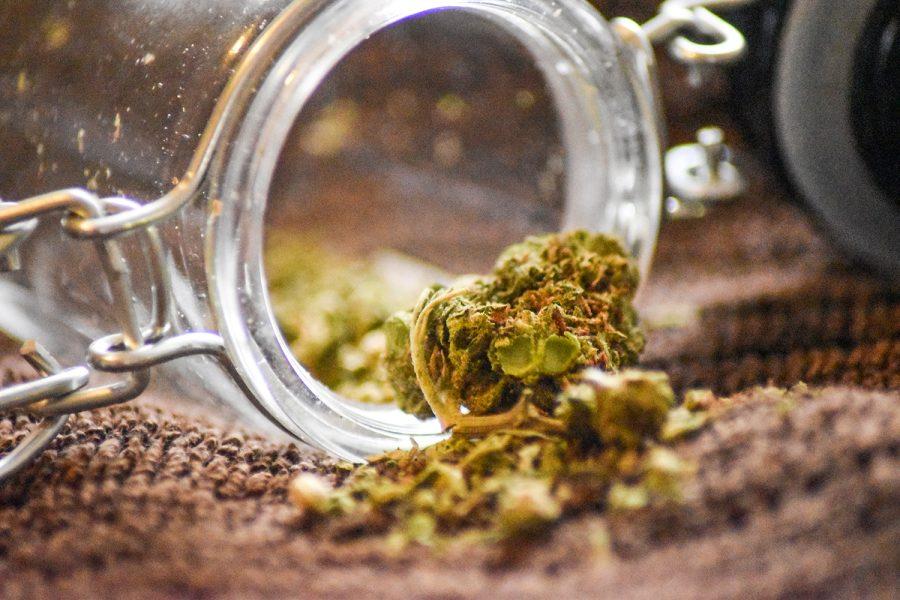Recycling, along with reducing and reusing, may be taught to promote sustainability, but there is a chance recycling doesn’t really have positive effects on the Earth’s environment.
In 2013, the University had around 10,000 pounds of solid waste per week. Each semester contributed to 21 percent of the University’s carbon emissions, according to the University’s Climate Action Plan.
That was a significant amount of waste, but there is debate, both on campus and in Bowling Green, on whether recycling is actually beneficial for the environment.
Dr. Enrique Gomezdelcampo, a University professor in the Department of Environment and Sustainability, argued recycling makes little difference in bettering the environment.
“I think it’s a cop-out,” Gomezdelcampo said. “It makes people feel good for doing nothing. They do that, and that’s it.”
Even in regards to possible landfill crises, Gomezdelcampo remained convinced recycling did little good to solve the problem.
“Recycling isn’t going to solve any of the environmental problems we have,” he said. “We don’t have a problem with landfills. The U.S. has lots of land … and Europe burns or incinerates its waste.”
Out of reducing, reusing and recycling, Gomezdelcampo said reducing was most important, and would make the most impact.
Instead of taking the time and energy to recycle, Gomezdelcampo believes it best to just cut out the need to recycle and just reduce the amount of product people use.
“People mix up their recycling to where it gets mixed and cannot be used,” he said, laying out problems he saw with recycling. “It’s cheaper to manufacture new bottles…and old bottles get sent to other countries. Many go to a landfill in the developing world.”
Even if recycling potentially does not benefit the environment all that much, it still reduces the amount of methane produced if the waste were to go to landfills.
A couple of University students commented on what they thought about recycling, and on how often they did it.
“My roommate doesn’t (recycle), and it bothers me,” sophomore Melanie Dobinson said. “Now that I’m in an environmental science class, I’m more aware.”
More awareness does not necessarily mean people recycle more.
“I don’t really see a lot of people recycle,” sophomore Rachel Van Curen said. “It’s not convenient.”
Despite the potentially low amount of students and faculty recycling, or its possible inconvenience, University custodian Tenille Holland said recycling has actually been gaining ground.
Out of the 17 years she has worked with the University, Holland said recycling is getting more popular on campus.
“It’s a lot better now than what it used to be,” she said. “I get a lot of recycling, and there’s more this year than last year.”
The increase in recycling benefits the University financially, and it may be the main reason for the University advocating its recycling program, Gomezdelcampo said.
“It’s all about money. The University saves money by recycling,” he said.
It’s not just the University that potentially saves money by recycling, either. Recycling has significant economic benefits going for it, even if it doesn’t make an impact with the environment.
In the U.S., recycling is a $2 billion industry, according to Recycle Across America. It creates jobs and saves materials, which enables companies to get the most out of their money.
However, if environmental change is what people are after, then recycling is not enough, Gomezdelcampo said. People have to make and promote changes themselves.
“Environmental issues come from the bottom-up,” he said.
Much of environmental progress occurs when consumers put pressure on the private sector and demand change.
It takes years to build a company’s reputation, but only hours to tear it down, Gomezdelcampo said. Because of this, with enough pressure, businesses are likely to adapt and comply with consumer expectations.
“We have tremendous power as consumers we don’t use,” he said. “There are boycotts (consumers use) when people think companies shouldn’t do (certain things).”
Also, Gomezdelcampo said to forget about hoping for the federal government to solve any environmental issues.
“A lot more happens at the state and local level,” Gomezdelcampo said.
Climate change is the biggest environmental threat to humans, he said, and because of the way it has been politicized, he doesn’t expect any significant changes to be made to improve the crisis.
“There’s no uncertainty (about climate change),” Gomezdelcampo said. “Scientists, we all know. It’s gloom and doom from now on.”





















